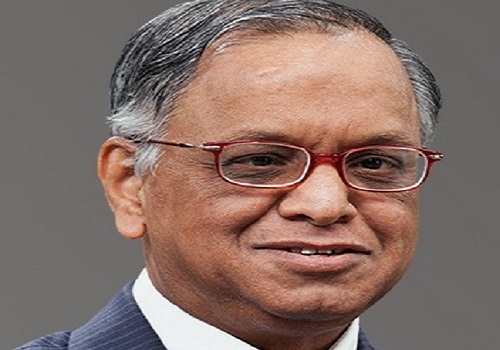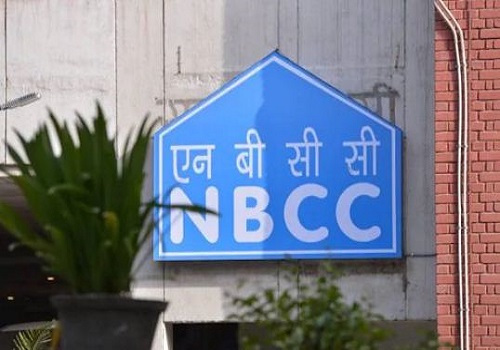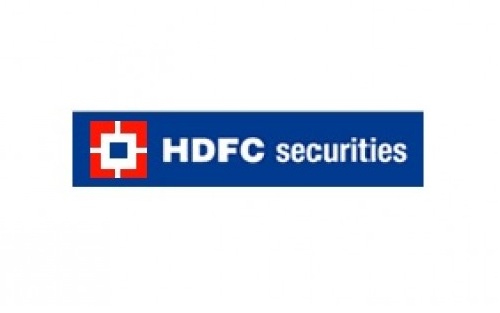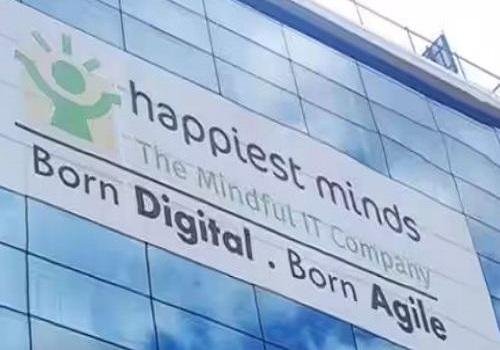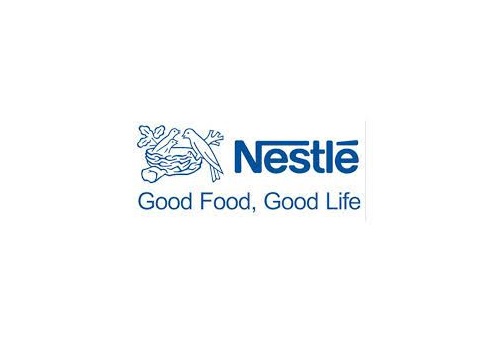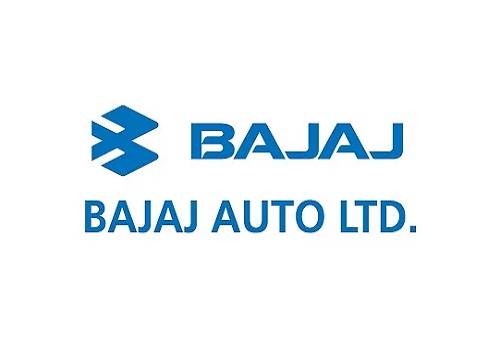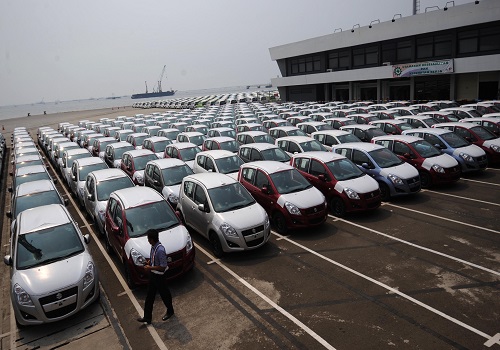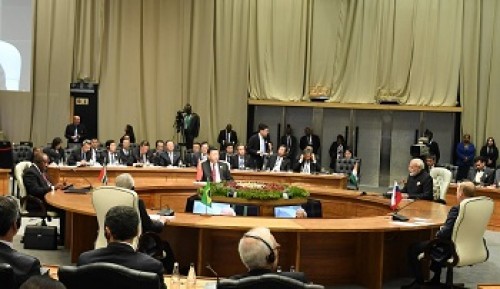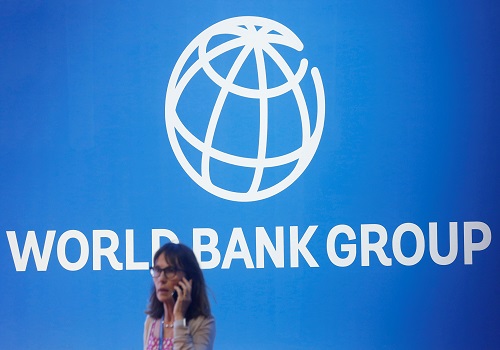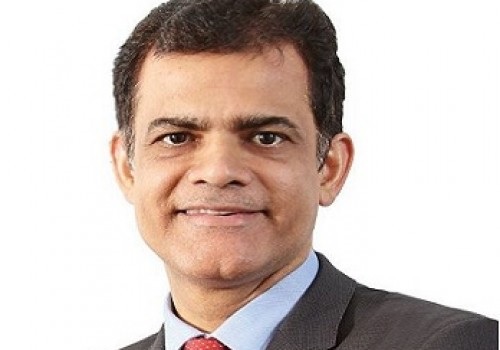Government expands ambit of ECLGS 2.0, allows SMA-1 borrowers

Follow us Now on Telegram ! Get daily 10 - 12 important updates on Business, Finance and Investment. Join our Telegram Channel
https://t.me/InvestmentGuruIndiacom
Download Telegram App before Joining the Channel
Expanding the scope of Emergency Credit Line Guarantee Scheme (ECLGS) 2.0, the government has said that Special Mention Accounts-1 (SMA) will now be eligible for credit under the scheme.
"Scope of ECLGS 2.0 expanded! SMA-1 borrowers in the healthcare sector and 26 other high stress sectors (as identified by the Kamath Committee) are now eligible under ECLGS 2.0," the Department of Financial Services (DFS) said in a tweet.
Special Mention Account (SMA) is an account which is exhibiting signs of incipient stress resulting in the borrower defaulting in timely servicing of his/her debt obligations, though the account has not yet been classified as an NPA as per RBI guidelines. In the case of SMA-1, the overdue period is between 31 to 60 days.
As per the latest note on Frequently Asked Questions (FAQs) on the scheme, it comprises all MSME borrower accounts with combined outstanding loans across all MLIs (member lending institution) of up to Rs 50 crore in any sector and up to Rs 500 crore in respect of borrowers in the hospitality sector, travel and tourism sector and leisure and sporting sector and classified as regular, SMA-0 or SMA-1 as on February 29, 2020.
"All MSME borrower accounts in the 26 sectors identified by the Kamath Committee on Resolution Framework in its report of September 04, 2020 and the Healthcare sector having combined outstanding loans across all MLIs above Rs 50 crore and not exceeding Rs 500 crore and classified as regular, SMA-0 or SMA-1 as on 29.2.2020," it said.
The scheme was launched last year amid the pandemic to provide 100 per cent guaranteed coverage to banks and NBFCs to enable them to extend emergency credit facilities to MSMEs and other eligible businesses to meet their additional working capital requirements.

